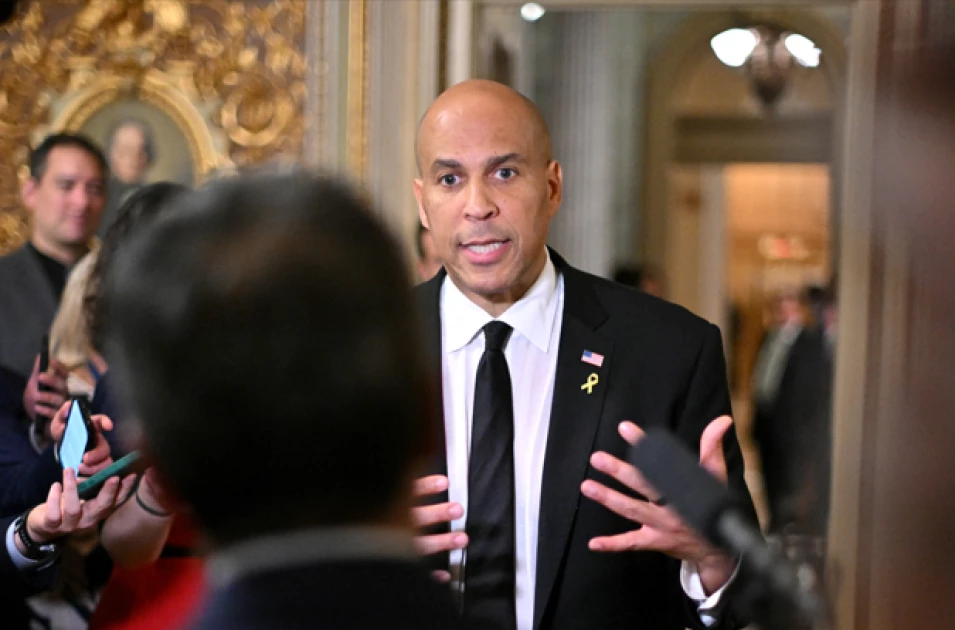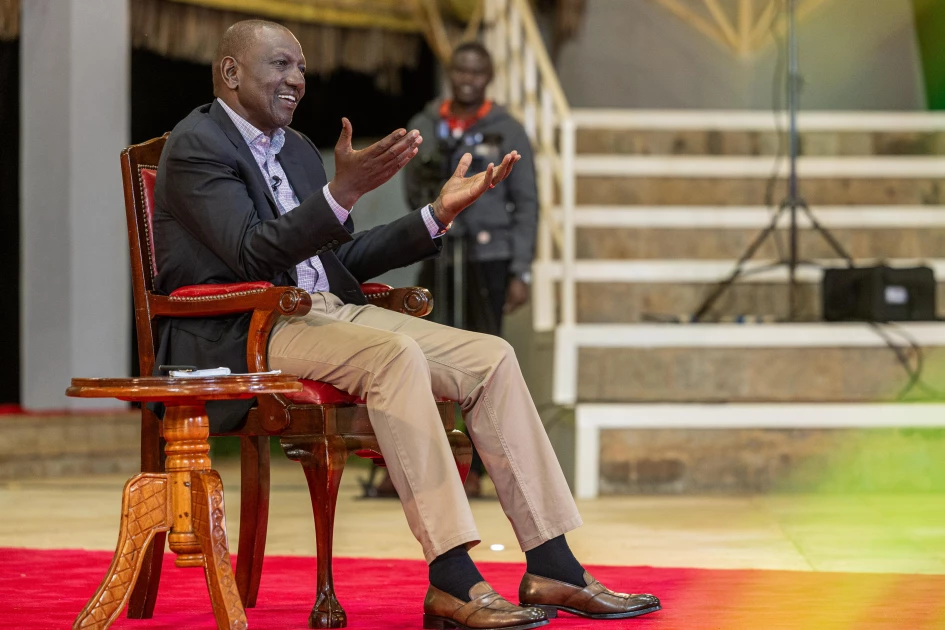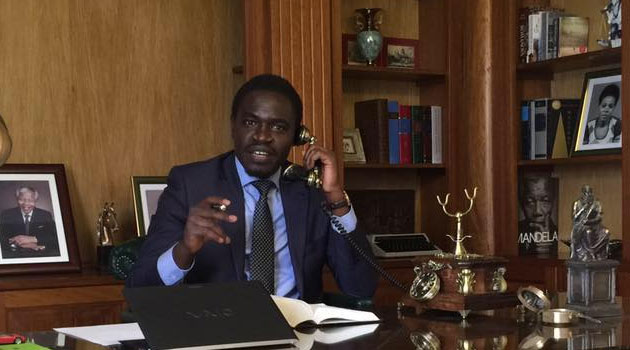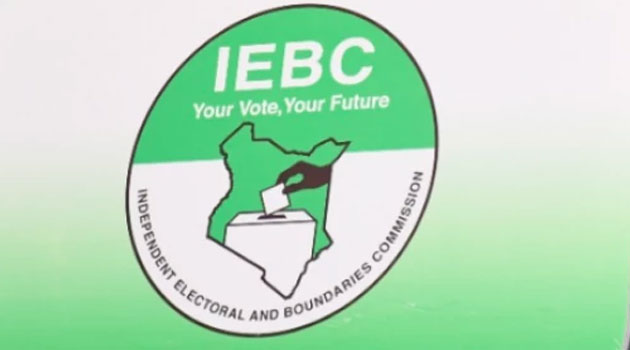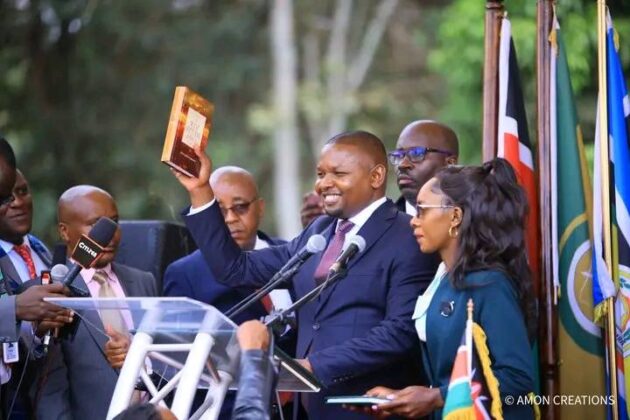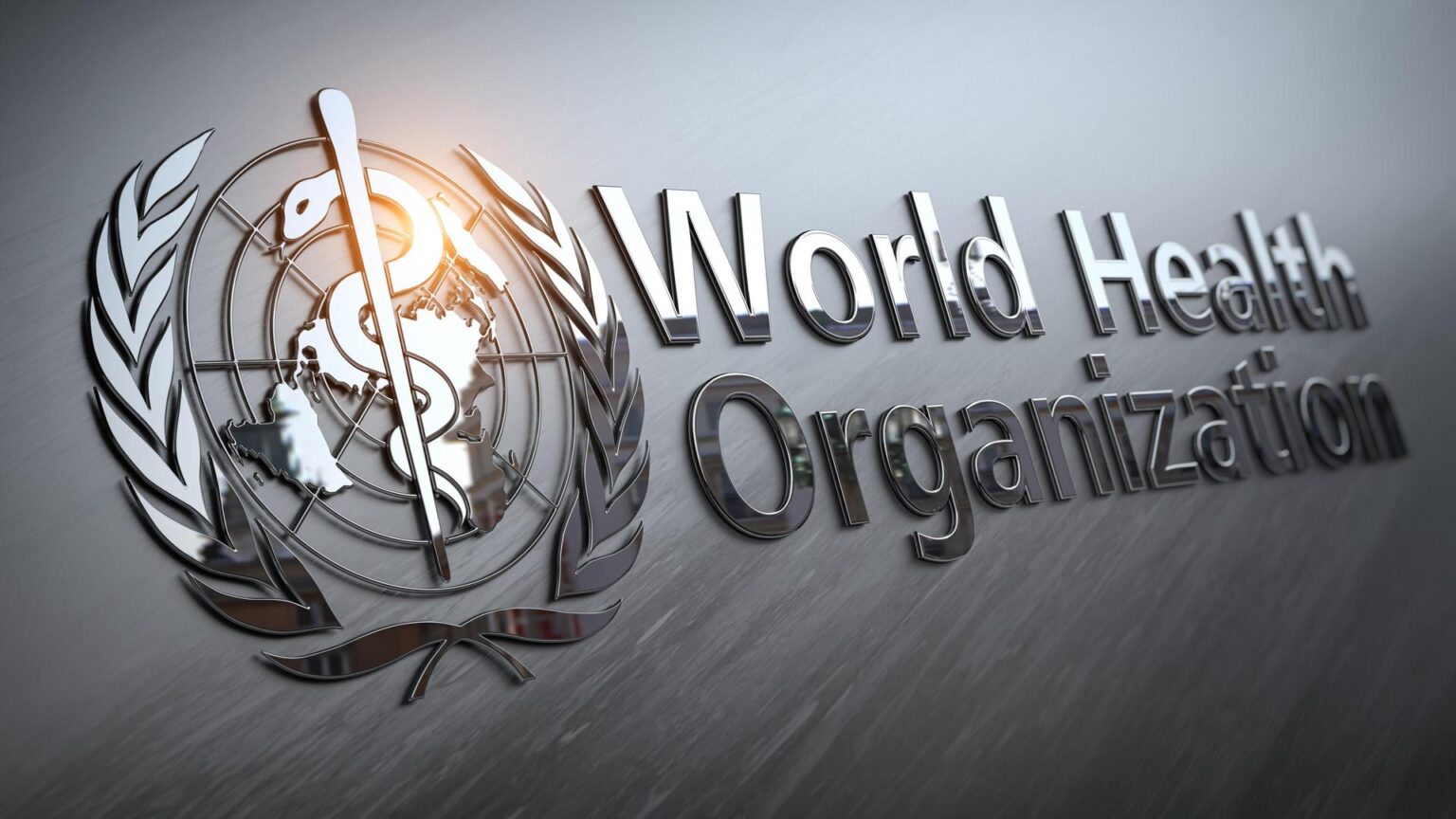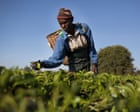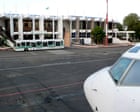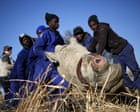Pressure is mounting on the Kenyan government to hold rogue security officers accountable following the release of a BBC documentary that sheds chilling light on the fatal shootings of protesters during last year’s anti-tax demonstrations.
Human rights groups, led by Amnesty International and the Kenya Human Rights Commission (KHRC), are urging urgent legal action against police and military officers allegedly involved in the deaths of three young men outside Parliament on June 25, 2024.
The BBC Africa Eye documentary, titled Blood Parliament, uses digital forensics and crowd-sourced videos to trace the movements of armed officers during the chaos outside Parliament, where thousands of Gen Z demonstrators rallied against the now-notorious Finance Bill 2024. The footage shows the exact moment unarmed protesters were shot, and it identifies the officers suspected of pulling the trigger.
“This was not crowd control. It was an execution,” the KHRC said in a statement, calling the killings “state-sponsored murder.” Amnesty International echoed those sentiments, stating that the film confirms previous findings of “excessive and unnecessary use of lethal force.”
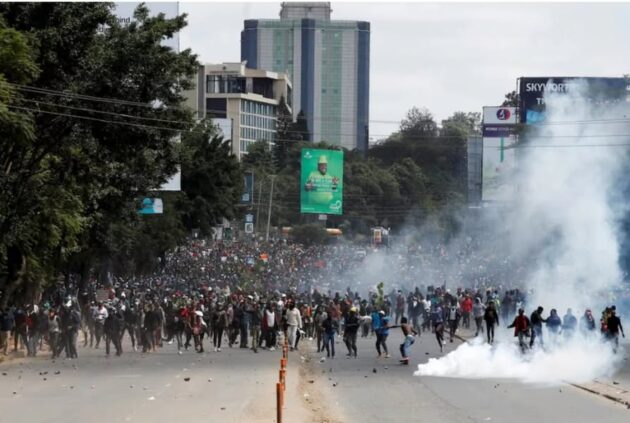
Calls for Accountability Grow Louder
Civil society organizations are now demanding a full public inquiry, with a petition circulating online drawing thousands of signatures within hours. The KHRC directly called out President William Ruto, saying he must bear ultimate responsibility for the bloodshed.
In response to the exposé, Kenya’s Independent Policing Oversight Authority (IPOA) issued an update, revealing that out of the 60 protest-related deaths under investigation, 41 were caused by gunshots. So far, 22 cases have been fully investigated, while two are in court. However, IPOA cited challenges, including uncooperative police officers and fearful witnesses, as major obstacles.
“We have also recorded over 230 injuries,” said IPOA Chairperson Issack Hassan. “There must be transparency in these investigations.”
Government Silent, Lawmakers React
The Ruto administration has yet to issue an official response to the damning documentary. However, some lawmakers have taken opposing sides in Parliament.
Dagoretti South MP John Kiarie condemned the BBC, accusing it of pushing foreign interests and meddling in Kenya’s internal affairs. He questioned whether the documentary was retaliation for Kenya’s new conditions on British Army operations in the country.
“This could be a calculated attempt to intimidate Kenya into submission on military policy,” Kiarie claimed.
Meanwhile, Nairobi Senator Edwin Sifuna praised the exposé as a vital piece of investigative journalism.
“If we’re to ever heal, the truth must be told—no matter how uncomfortable it is,” he said in a post on X.
Screening Blocked, but Film Spreads Online
A planned screening of the film in Nairobi was cancelled at the last minute. The BBC said it was forced to cancel the event due to pressure from the authorities. “We are deeply disappointed,” a spokesperson said, but confirmed the full documentary remains available on the BBC Africa YouTube channel.
With over 3 million views in just 24 hours, Blood Parliament is igniting national outrage and reigniting a stalled debate on police accountability in Kenya.
As questions mount and tensions rise, the silence from top government officials is becoming increasingly deafening. For the families of those killed and injured, justice still feels like a distant promise.



